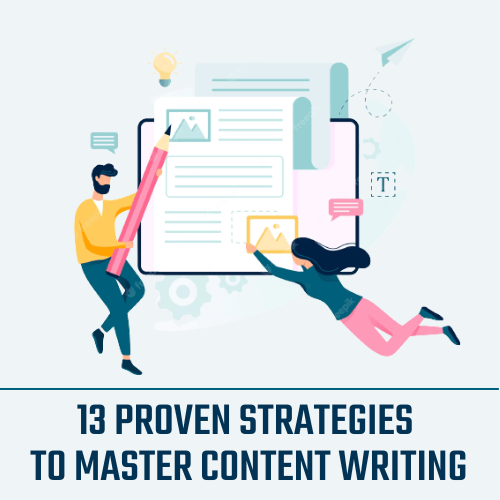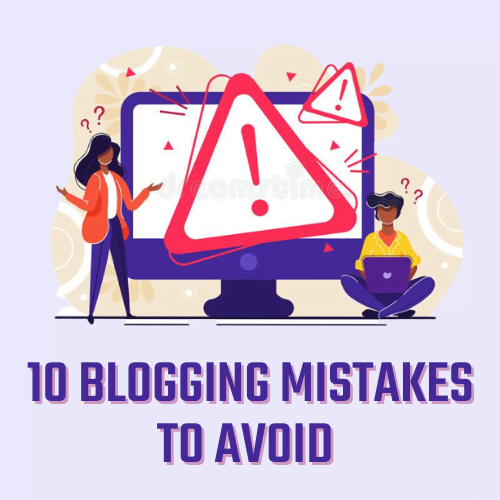In today’s digital age, content writing has become a highly sought-after skill. Whether you are a blogger, a marketer, or an aspiring author, mastering the art of content writing can greatly enhance your ability to engage readers and deliver your message effectively. This article will provide you with valuable insights and practical tips on how to become a proficient content writer.
Introduction
Content writing is the process of creating written material that communicates information, entertains, or persuades a target audience. It plays a pivotal role in various fields, including digital marketing, journalism, and creative writing. Mastering content writing involves honing your writing skills, understanding your audience, and implementing effective strategies to deliver high-quality content consistently.
1. Understanding the Importance of Content Writing
Effective content writing can have a significant impact on your online presence and reputation. Well-written content not only attracts readers but also boosts search engine rankings, increases website traffic, and enhances brand credibility. It helps you establish authority in your niche and connect with your target audience on a deeper level.
2. Developing Strong Writing Skills
To become a proficient content writer, it is essential to develop strong writing skills. This includes having a good command of grammar, vocabulary, and sentence structure. Regular practice, reading diverse materials, and seeking feedback can help you improve your writing abilities. Additionally, familiarizing yourself with different writing styles and techniques can add versatility to your content.
3. Conducting Thorough Research
Research is a fundamental aspect of content writing. Before writing on any topic, invest time in gathering relevant information from credible sources. Conducting thorough research ensures that your content is accurate, up-to-date, and provides valuable insights to your readers. Utilize reputable online platforms, academic journals, books, and interviews to gather reliable data.
4. Structuring Your Content
Structuring your content effectively helps readers navigate through your article seamlessly. Begin with a compelling introduction that grabs the reader’s attention and clearly states the purpose of the article. Organize your main points into paragraphs with logical transitions between them. Use subheadings and bullet points to break down complex information into digestible sections.
5. Utilizing SEO Techniques
Search Engine Optimization (SEO) is crucial for enhancing the visibility of your content. Incorporate relevant keywords naturally throughout your article to improve its ranking on search engine results pages. Utilize meta tags, descriptive URLs, and internal/external links to optimize your content for search engines. However, avoid keyword stuffing or other black-hat SEO practices that can harm your credibility.
6. Creating Engaging and Relevant Headlines
Headlines are the first point of contact between your content and potential readers. Craft engaging and relevant headlines that entice readers to click and read further. Consider using power words, numbers, or posing thought-provoking questions in your headlines. Keep them concise, descriptive, and aligned with the content of your article.
7. Incorporating Visual Elements
Visual elements such as images, infographics, and videos can enhance the readability and appeal of your content. Visual aids break the monotony of text, capture attention, and provide additional context to your message. Ensure that the visuals you use are high-quality, relevant, and properly attributed to avoid copyright issues.
8. Editing and Proofreading Your Content
Editing and proofreading are vital steps in content writing. After completing your first draft, take time to review and refine your content. Check for grammatical errors, spelling mistakes, and inconsistencies. Ensure your content flows smoothly and conveys your intended message accurately. Consider using online grammar and spell-check tools or seeking feedback from peers for an objective perspective.
Also Read: How To Write a Blog? | Blogging For Beginers
9. Engaging with Your Audience
Content writing is not just about creating one-way communication. Engage with your audience by encouraging comments, responding to queries, and fostering discussions. Create a sense of community by building relationships with your readers. Address their concerns, provide valuable insights, and encourage them to share their opinions and experiences.
10. Seeking Feedback and Continuous Improvement
Feedback is a valuable asset in improving your content writing skills. Share your work with trusted individuals who can provide constructive criticism. Listen to their suggestions, identify areas for improvement, and implement necessary changes. Embrace continuous learning and be open to new ideas and perspectives.
11. Building a Professional Portfolio
Building a professional portfolio is essential for showcasing your content writing skills. Compile your best articles, blog posts, or any other written work in an organized manner. Create an online portfolio or submit guest posts to reputable websites to gain exposure and attract potential clients or employers.
12. Expanding Your Knowledge
To master content writing, it is important to expand your knowledge base. Stay curious and explore various topics beyond your comfort zone. Read books, follow industry blogs, listen to podcasts, and attend relevant webinars or conferences. The more diverse your knowledge, the more versatile your content will be.
13. Staying Updated with Industry Trends
Content writing is an ever-evolving field. Stay updated with the latest trends, tools, and techniques. Follow industry influencers and thought leaders on social media platforms. Engage in online communities and forums to stay connected with fellow content writers. Embrace emerging technologies and adapt to changes in search engine algorithms and user preferences.
Conclusion
Mastering content writing requires dedication, practice, and a deep understanding of your audience. By developing strong writing skills, conducting thorough research, and implementing effective strategies such as SEO techniques, engaging headlines, and visual elements, you can create compelling content that resonates with readers. Remember to seek feedback, continuously improve, build a professional portfolio, expand your knowledge, and stay updated with industry trends to establish yourself as a proficient content writer.
FAQs (Frequently Asked Questions)
Is it necessary to have a formal education in writing to become a content writer?
While a formal education in writing can provide a strong foundation, it is not a prerequisite for becoming a content writer. With practice, dedication, and continuous learning, anyone can develop their writing skills and excel in content writing.
How long does it take to master content writing?
The time required to master content writing varies from person to person. It depends on factors such as the individual’s writing abilities, commitment to learning, and the amount of practice invested. Consistent effort and a growth mindset are key to achieving mastery.
Are there any specific tools or software that can assist in content writing?
Yes, several tools and software are available to assist content writers. These include grammar and spell-checking tools, content management systems, keyword research tools, and analytics platforms. Experiment with different tools to find the ones that suit your needs and enhance your productivity.
How important is storytelling in content writing?
Storytelling is a powerful technique in content writing. It helps create an emotional connection with readers and makes your content more relatable and memorable. Incorporating storytelling elements can significantly enhance the impact and engagement of your writing.
Can I use content writing to make money online?
Yes, content writing offers various opportunities to make money online. You can work as a freelance content writer, offer your services to businesses and organizations, or monetize your own blog or website through advertising, sponsored content, or affiliate marketing.



